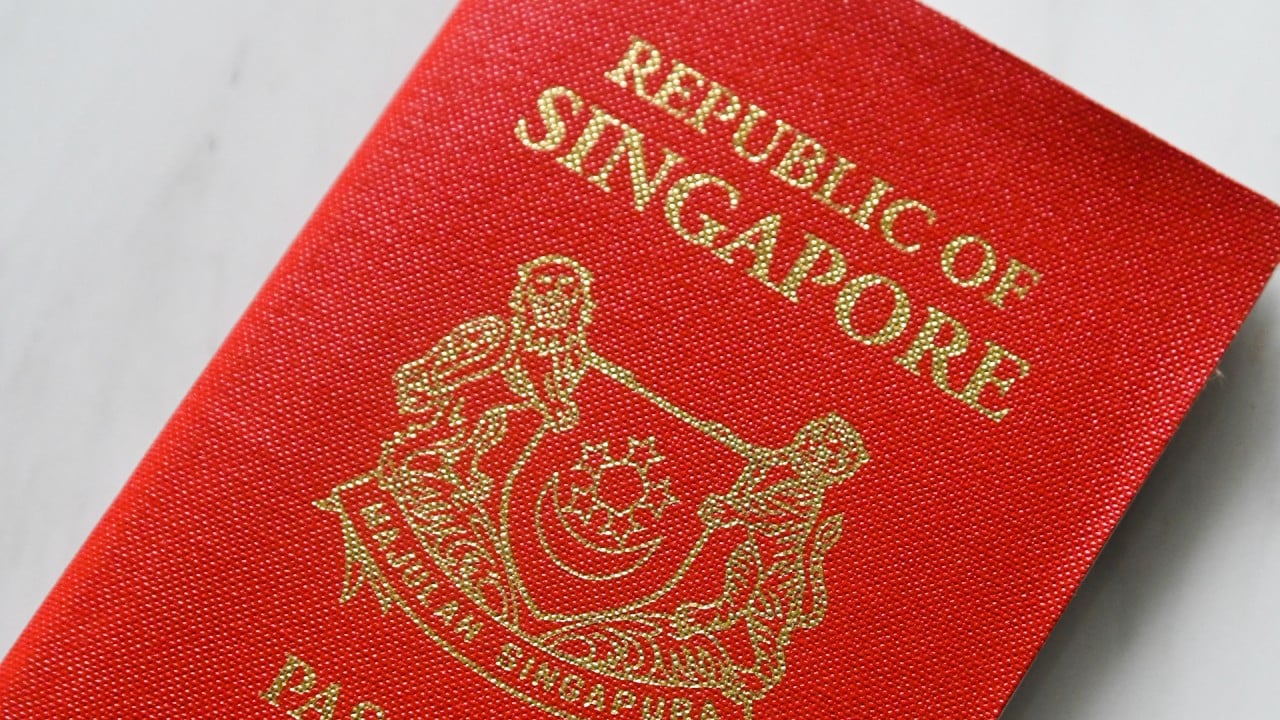“The Pisa 2022 results show a fall in student performance that is unprecedented in Pisa’s history,” OECD education analyst Irene Hu told reporters.
These results suggest that, on average, Singaporean students are the equivalent of almost three to five years of schooling ahead of their peers
Singapore took top ranking in the latest assessment, which was carried out in 2022 and involved 690,000 students in 81 participating countries and economies.
The southeast Asian island city state scored highest in all three of the survey’s areas: mathematics, reading and science.
“These results suggest that, on average, Singaporean students are the equivalent of almost three to five years of schooling ahead of their peers,” the report said.
Singapore schools relax rules on uniforms as brutal heatwave grips Asia
Singapore schools relax rules on uniforms as brutal heatwave grips Asia
But while Asia did well, other parts of the world declined, sparking an overall “unprecedented drop in performance”, the report said.
Covid-19 shutdowns hurt education standards, the report said, but there were also other factors behind the downturn.
“This indicates that long-term issues in education systems are also to blame for the drop in performance,” it said. “It is not just about Covid.”
Countries have invested in education over the past 10 years, but maybe they didn’t invest efficiently, or sufficiently into the quality of teaching
A key factor is “the level of support pupils received from teachers and school staff”, the OECD’s Hu said.
Some education systems have not given sufficient resources for supporting students, said Eric Charbonnier, another OECD education analyst.
“Countries have invested in education over the past 10 years, but maybe they didn’t invest efficiently, or sufficiently into the quality of teaching,” he said.
“We also see less parental involvement with the progress of children compared to 2018,” he added.
In some cases, 2022’s drop in skills amounted to roughly a year’s worth of education.
“Germany is more worrying than France,” said Charbonnier, adding that Norway and Finland also declined more than France.
The US education system showed little change from the last survey, with students there weaker in mathematics, and slightly above average in reading and science.
The latest Pisa results came in an environment for education that “has changed profoundly”, said OECD Secretary General Mathias Cormann.
Apart from Covid’s impact on education, there had also been “a deepening digital transformation of our societies” since the previous report in 2018, he told a news conference.
Singapore’s Gen Z turning to TikTok for shame-free sex education
Singapore’s Gen Z turning to TikTok for shame-free sex education
For the first time, the OECD also examined the happiness of students, using nine aspects of their lives to measure their well-being.
They include engagement with school, material and cultural well-being, openness to diversity and psychological well-being.
In contrast, with students in countries with lower average Pisa test scores, such as Spain and Peru, researchers often found “lower levels of anxiety and a greater focus on sports”.

